Marie Bell Data News Weekly Contributor
The Origin and Growth of Black History Month
Black History Month, celebrated annually in February in the United States and in October in the United Kingdom, Canada, and other countries, is a dedicated time to recognize and celebrate the contributions of African Americans and people of African descent worldwide. It originated as “Negro History Week,” created by renowned Historian Carter G. Woodson and the Association for the Study of African American Life and History in 1926. The week was chosen to coincide with the birthdays of Abraham Lincoln and Frederick Douglass, two key figures in the history of African Americans.
The expansion from a week to a month-long celebration in the U.S. occurred in 1976, the nation’s bicentennial year, when President Gerald Ford urged Americans to “seize the opportunity to honor the too-often neglected accomplishments of Black Americans in every area of endeavor throughout our history.” Since then, Black History Month has been a time for reflection, education, and the celebration of the significant role of Blacks in American History.
The month is marked by educational events, cultural displays, and community gatherings that highlight the achievements, histories, and contributions of Black individuals and communities. It’s a time when schools, universities, museums, and other institutions organize events and activities that foster an understanding and appreciation of Black History and Culture. Themes are often chosen to guide the celebrations and highlight specific aspects or individuals within Black History.
The Struggle for Justice Continues: Celebrating Black History 365 Days a Year
Black History Month also serves as a critical reminder of the ongoing struggle for Racial Justice and Equality. It’s not only a celebration of past achievements but a call to action to address the disparities and injustices that continue to affect Black communities. Through storytelling, discussions, art, and cultural exhibitions, Black History Month encourages a reflective examination of the Systemic Issues that have persisted throughout history and a collective effort toward progress.
In recent years, the celebration has taken on new dimensions, incorporating digital and social media platforms to reach wider audiences. Virtual events, online exhibitions, and Social Media Campaigns have become integral parts of the observance, making Black History accessible to a global audience and fostering a broader understanding of its importance.
Black History Month is a testament to the resilience, creativity, and enduring spirit of the Black community. It underscores the necessity of inclusive history in building a just and equitable society. As we celebrate Black History Month, it is a time to acknowledge the past’s struggles and triumphs and to renew our commitment to equity, inclusion, and unity.
Recommended For You.



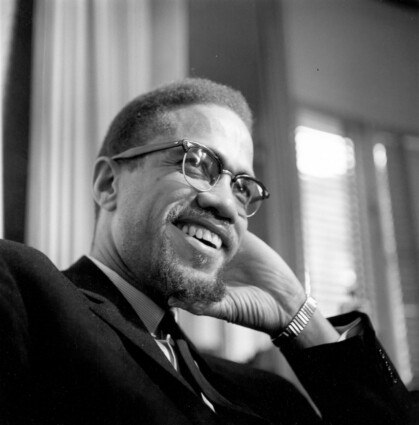
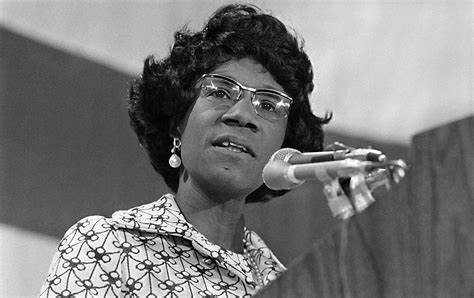
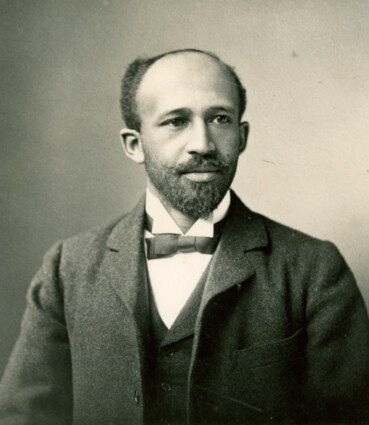
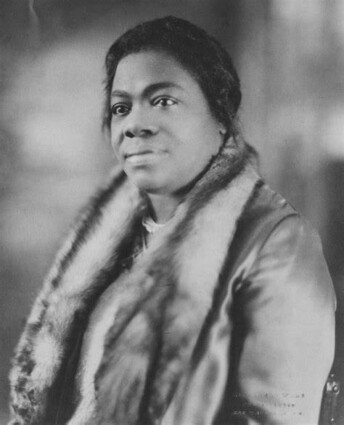
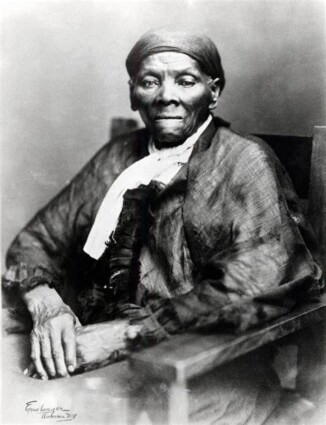

Be the first to comment